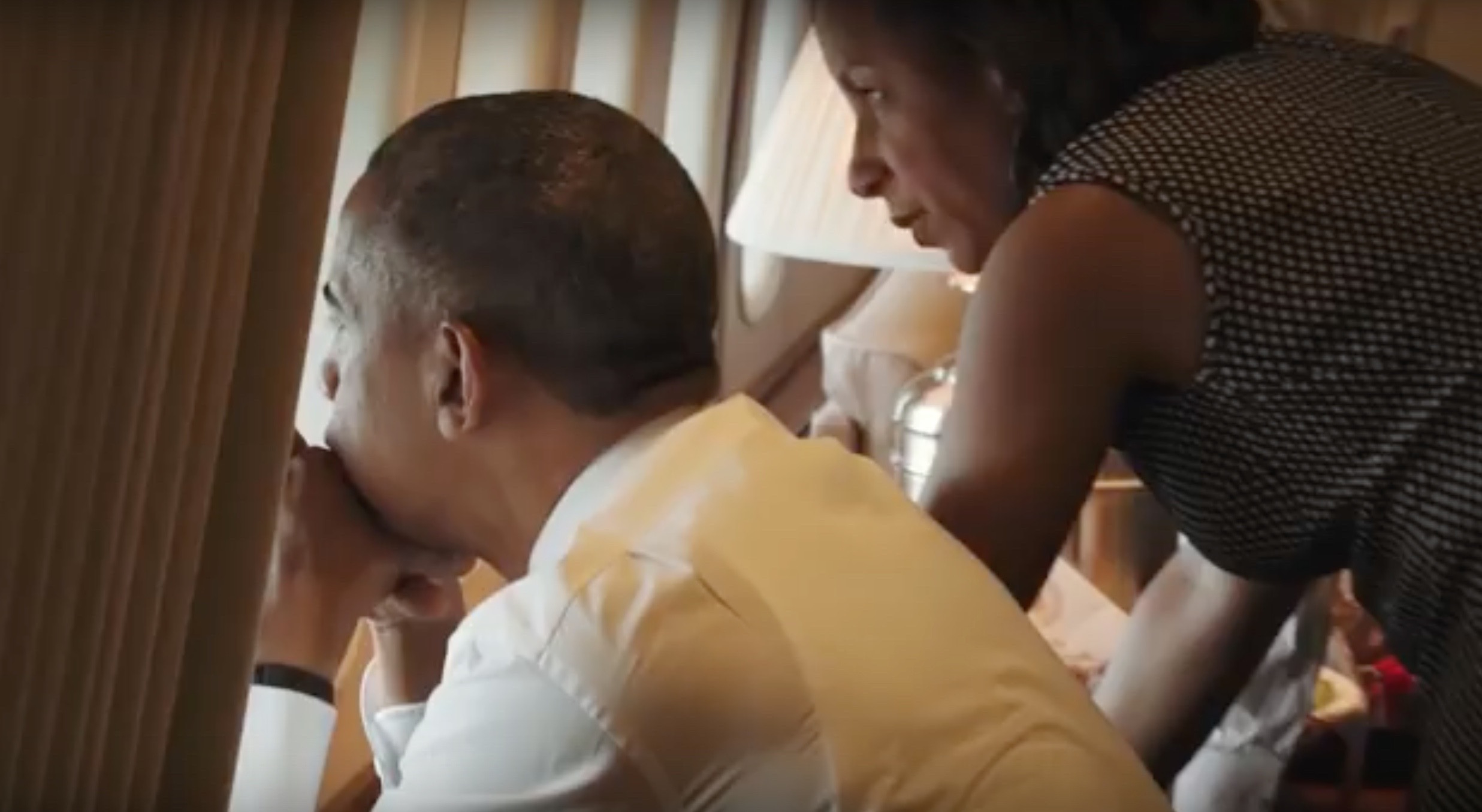
Obama’s historic, courageous Cuban trip
Forget the pomp and circumstance, the real importance of President Obama’s visit to Cuba, particularly his speech at the Gran Teatro de La Habana was, without a doubt, the fact that it happened.
Everything else —if Obama was being a demagogue, why Raúl Castro did not welcome him at the airport, if the visit will bring changes in Cuba— is not only debatable, but secondary.
It’s not possible to talk about Obama’s trip without stressing his courage to take such a historic step, or without recognizing the bravery of Cuban President Raúl Castro in inviting him and providing him with a platform from which to address the Cuban people. After all, it’s not easy to put aside half a century of confrontation and mistrust.
Obama’s speech –the culmination of his trip – will surely be read differently at both sides of the Florida Strait. But everyone agrees that it was a historic moment without precedent in the history of the two countries.
Never before had a sitting U.S. President directly addressed the people of Cuba and from their own capital city, no less. Even more unique is the tone used by Obama, who abandoned much of the usual imperial arrogance and belligerent rhetoric.
“It’s time to leave the past behind,” said Obama, capturing in those words what perhaps is the main reason of his new policy toward Cuba.
Also, just a few months ago, it was hard to conceive the Cuban President agreeing to his U.S. counterpart expressing ideas that contradict the official discourse and ideology that has prevailed in Cuba since 1959.
“I really like Obama’s idea that it is not a matter of forgetting history, but that we cannot remain its prisoners,” said from Havana Rachel D. Rojas, a young Progreso Weekly reporter. “If we continue bringing up old grievances, we will never be able to move forward.”
Yet there are grievances too painful to leave behind, even for the sake of a peace that has eluded both countries for far too long.
“When I heard him (Obama) speak about the Cuban community, the first thing I thought about was Orlando Bosch,” wrote in Facebook Isabel Alfonso, a Cuban American college professor in New York.
For those who do not know him, Bosch, who died some years ago, was one of the masterminds behind the bomb in Cubana flight 455, in October 1976, which took the lives of 73 people. His main accomplice in this horrible crime was Luis Posada Carriles, who lives comfortably in Miami without ever having had to pay for his crime.
Certainly, it was a great speech, but one has to ask oneself why is it that millions of dollars are still being destined to subvert Cuba through the U.S. Agency for International Development (USAID).
“Last time I checked that was called hypocrisy,” said Dr. Julio Ruiz, a Cuban American activist for normalization of relations.
Yet despite the misunderstandings, the mistrust and pending subjects such as Guantánamo and the embargo, after Obama’s Havana speech few can doubt that, if nothing else, the relations between the two countries have entered a new era of greater rationality.
Everything else is secondary.
(From Al Día News)
[Photo at top: President Obama looks out the window of Air Force One just before touching down in Havana’s Jose Martí International Airport. To his right is National Security Advisor Susan Rice.]

